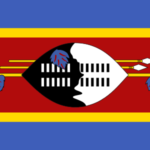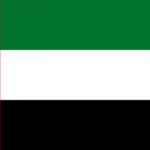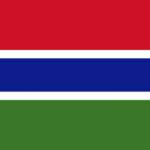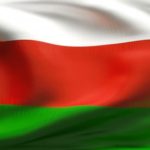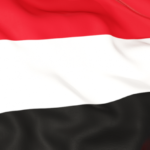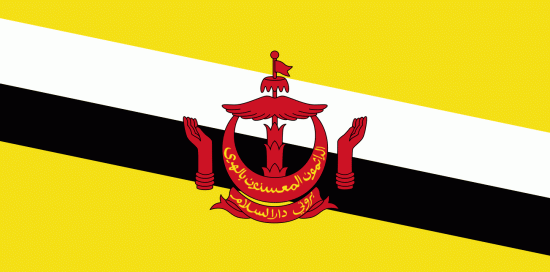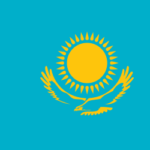Interesting facts about Kuwait
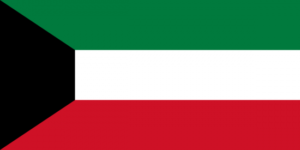 Kuwait is a small but very rich Arab state, known to the world public, primarily due to the fact that it is an important oil exporter. But Kuwait’s role is not limited to this – this country, like many other states in the region, has a rich history and culture. Of course, this is not the place where most tourists will willingly go, but you can tell about Kuwait a lot of interesting things.
Kuwait is a small but very rich Arab state, known to the world public, primarily due to the fact that it is an important oil exporter. But Kuwait’s role is not limited to this – this country, like many other states in the region, has a rich history and culture. Of course, this is not the place where most tourists will willingly go, but you can tell about Kuwait a lot of interesting things.
The capital of Kuwait, the city of Kuwait, was founded in the early 17th century.
Like the small African country of Swaziland, Kuwait borders only two countries – Iraq and Saudi Arabia.
The official language in Kuwait is Arabic.
The national currency is the Kuwaiti dinar.
In Kuwait, the monarchy is still flourishing. The country is ruled by the emir.
When the agreement on Kuwait’s independence from Britain was signed in 1961, the emir invited an experienced lawyer from Egypt to draft a code of laws for the country.
The widely known war in the Persian Gulf was aimed at the liberation of Kuwait from the Iraqi occupation.
In Kuwait, there are no political parties – they are all banned.
Emir in Kuwait choose – in this country this title is not inherited.
Most of Kuwait’s territory is a lifeless desert.
About 95% of Kuwait’s revenues are sold by oil products.
In Kuwait, there is not a single railway.
Among the Kuwaiti youth is very popular European style of clothing.
Kuwait is in the eighth place in the world in terms of the percentage of people with overweight.
The basis of the diet of Kuwaiti people is seafood.
Kuwait – the owner of about 10 percent of all oil on Earth.
Alcohol in Kuwait is under strict prohibition.
Education in Kuwait is free, like medicine. Citizens of the country who want to study abroad, the government pays for training and flight, and also pays a scholarship.
Two thirds of all people living in Kuwait are immigrants who came to the country in search of work.
Kuwait is only slightly larger than the Kaliningrad Region in size.
To the citizens of Kuwait, the government issues huge loans to mortgages at 0%, that is, simply by installments.
If a Kuwaiti citizen can not be cured by local doctors, he will be transported to another country, and the government will take care of all the expenses.
A child allowance in Kuwait is paid until the child reaches the age of 26.
Divorces in Kuwait are legalized, and the allowance to a divorced woman is approximately $ 1.4 thousand a month. It will be paid to her until she finds a job.
The minimum pension in Kuwait is about 3 thousand US dollars.
In 2007, the emir forgave the citizens of the country loans for a total of about a billion dollars.
It is almost impossible to obtain Kuwaiti nationality.
